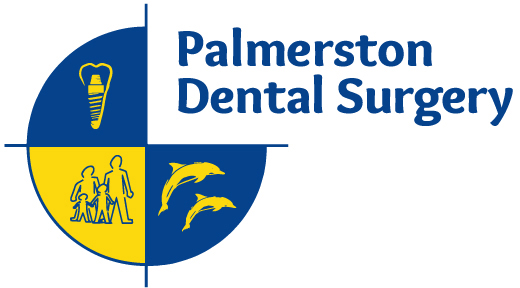Braces | Orthodontics
 Braces are an extremely common orthodontic treatment, so here are some of the most frequently asked questions about getting braces.
Braces are an extremely common orthodontic treatment, so here are some of the most frequently asked questions about getting braces.
Many teenagers will need to get braces – and some adults will also have to consider this treatment. But what do braces do? Why do you need them? And how do they work?
You may have a lot of questions or concerns before you agree to getting braces, so here are some of the most commonly asked questions.
Why do I need braces?
Braces are an extremely common orthodontic treatment used to correct the smiles of millions of teens (and adults) around the world. Every smile is different, but many people who need orthodontic treatment will experience some similar issues.
For example, braces help to correct crooked and overlapping teeth to ensure a row of straight pearly whites. They also help to fix over- and under-bites where the bottom and top jaws do not properly align with each other. Braces even ensure that both rows of teeth are aligned (i.e. the space between your two front top and bottom teeth is a straight line).
Mostly, braces are used to aid your dental health and avoid problems that are caused by the above issues such as irregular wearing on one side or decay from food becoming trapped between overlapping teeth. There is also a real aesthetic side to braces, as they can considerably enhance the appearance of your smile.
Do braces hurt?
Braces can often be uncomfortable when you first get them on and whenever you have them ‘tightened’. This is because your teeth are moving into place.
However, this discomfort will generally only last a few days each time, and can be treated with over-the-counter painkillers. It’s also best to prepare soft foods such as smoothies during this time to make eating easier. Keep in mind that for most of the time you wear braces, you’ll hardly notice them.
How long will I have them on?
Treatment will vary for each person, but you can expect anywhere from six months to more than two years, depending on the original state of your teeth. The average time will usually be roughly 18-24 months. Your orthodontist should be able to give you an initial estimate of the time, plus updates as you complete the treatment.
How do I look after my braces?
Braces will take a little more care than usual, but usually not so much as to be a major inconvenience. You can expect to brush two to three times a day, and continue flossing. This will help ensure food doesn’t get stuck between your teeth or under the wires.
You should also be wary of the affect your diet may have on the braces. For example, you should avoid sugary drinks whenever possible as consumption can lead to decay and stains. Other foods such as hard sticky sweets can even damage the braces, so be sure to follow all instructions from your orthodontist to avoid problems.
Will braces interfere with my normal life?
The short answer is typically “no.” After an adjustment period, many patients barely notice they have braces. As well as thorough cleaning and mindful eating, you’ll need to be careful when playing physical sports by wearing a mouthguard, and you’ll have to visit your orthodontist regularly. Other than that, braces won’t change your day-to-day living at all.
Am I too old to get braces?
No, people of all ages are getting braces these days to correct misaligned teeth and jaws. While the most common ages for braces are through the teenage years, anyone with their adult teeth can get this orthodontic treatment. If you think braces might be of benefit to you, talk to your dentist about whether they are the best option and how you can go about getting them.
If you are considering orthodontics, contact Palmerston Dental Surgery on 08 8932 1544 to book a consultation.

